Lew Ayres
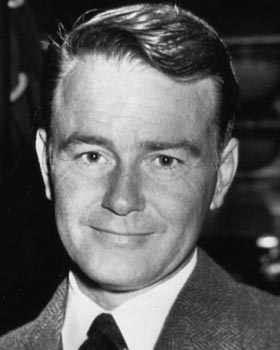
Stars


Lew Ayres, who starred in the Academy Award-winning classic "All Quiet on the Western Front," was a reluctant warrior in life as well as on film.
A personable if unspectacular leading man, Ayres was perhaps best known for his title roles in a series of Dr. Kildare movies in the late 1930s and early '40s.
But the critical success of his life was the 1930 classic "All Quiet on the Western Front," in which he played a German schoolboy drawn with increasing disillusionment into the horrors of soldiering in World War I.
Twelve years later, Ayres refused to venture as a combatant onto another battlefield — a real one, this time — in World War II.
Requesting an exemption from military service on religious grounds, he incurred the wrath and scorn of the movie industry and some of the public by accepting classification as a "conchie" — a conscientious objector to war.
Ayres went on to serve with distinction under fire as an Army medic and chaplain's assistant in the Pacific.
He returned from the war to a public grown more tolerant of unconventional views. His film career resumed, and while it never flourished as it had before, it meshed with a burgeoning commitment to religion that became the passion of his contemplative life.
Ayres was a 20-year-old dropout from the University of Arizona, working as a banjo, guitar and piano player in Los Angeles, when a talent agent spotted him in a band at the Cocoanut Grove nightclub and wangled him a spot as a bit player in the 1929 movie "The Kiss."
Ayres' career languished until 1938, when movie mogul Louis B. Mayer cast him as Dr. Kildare in what was to become a series of nine successful motion pictures.
The films that followed—"The Dark Mirror" in 1946, "The Unfaithful" in 1947—were unremarkable until "Johnny Belinda," a 1948 movie in which he once again played a sympathetic physician and which won him an Academy Award nomination for best actor. His costar, Jane Wyman, won an Oscar for her role as a deaf-mute victim of a brutal rape.
Ayres then began putting his motion picture experience behind a project that meant much more to him — an ambitious effort "to acquaint the people of the Western world to what the rest of the world believes."
To accomplish this, Ayres and a cameraman toured the Far and Near East for the better part of two years, covering more than 40,000 miles in their quest for images of Hinduism, Buddhism, Shintoism, Sikhism, Judaism and the Islamic religions.
The result was "Altars of the World," a massive, three-part film dissertation finally edited down to a 2 1/2-hour movie. While never a general-run, box-office smash, the movie received critical acclaim and won a Golden Globe Award.
Other movies he acted in were "Advise and Consent" in 1962, "The Carpetbaggers" in 1964, "Battle for the Planet of the Apes" in 1973 and "Battlestar: Galactica" in 1979.
Related stars
|
|
Points of interest
Academy Awards
| Year | Category | Work | |
|---|---|---|---|
| 1948 | Best Actor | Johnny Belinda | Nomination |
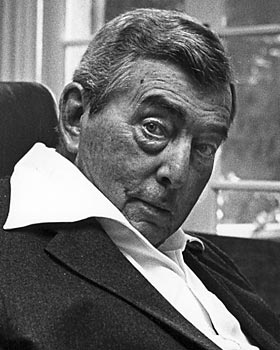
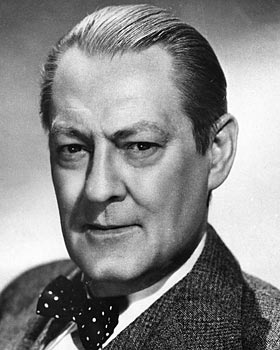
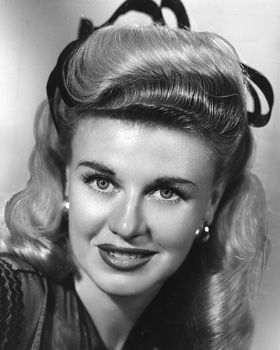
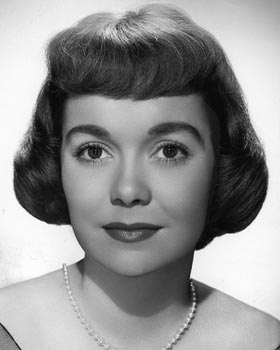
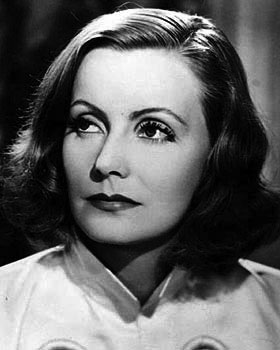
Share a thought about Lew Ayres